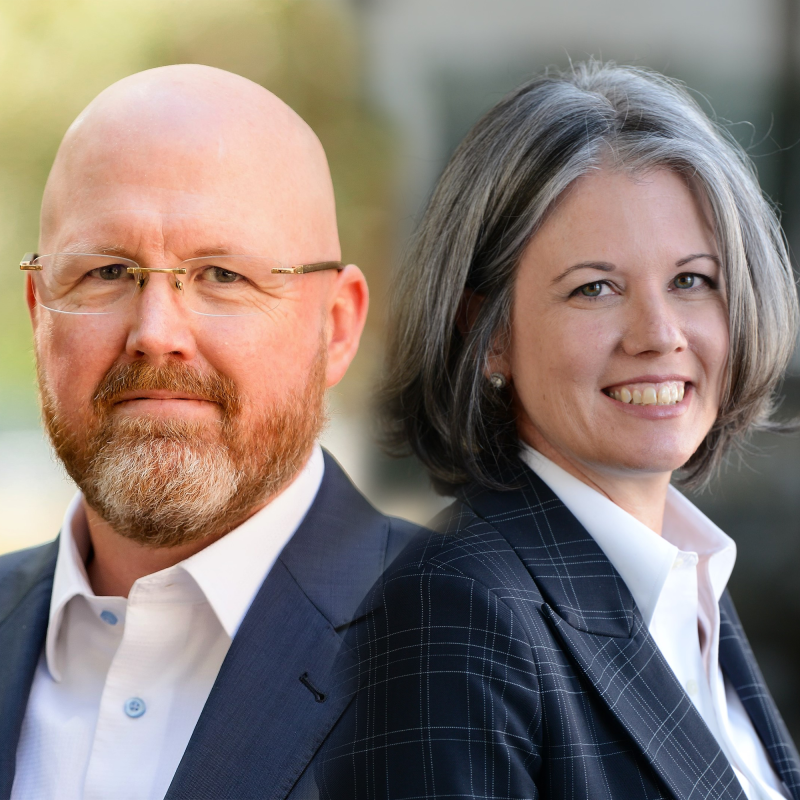In the 1960’s-70’s, George Westjohn was the first employee for a startup company, a music instrument distributor. Though he grew up on a small family farm and did not hold a college degree, Westjohn was open-minded and willing to look internationally for business opportunities to help create a successful business in a small town. That business eventually imported musical instruments from Germany, France, and Italy, and then later Japan, Taiwan, and Korea. Even later, the company imported from India, China, and Vietnam. In fact, executives from those countries traveled to the small cornfield town of Effingham, Illinois, exposing Westjohn and his family to a range of cultures, languages, business practices, and lifestyles.
One year, Westjohn brought the whole family to an annual musical instrument trade show in Frankfurt, Germany. Soon after, the 18-year-old son of one of his German suppliers came for an extended stay with the Westjohn family in the U.S.
Westjohn’s son, Stan, was 10 at the time.
Understanding Other Cultures to Understand Ourselves
These early experiences led Culverhouse’s Dr. Stan Westjohn to pursue research and college teaching in the area of international business. Now an associate professor of international business at Culverhouse and the Bennett Faculty Fellow in International Business, he has led Executive MBA program trips to South Africa, Botswana, Germany, and Turkey, among other places. This fall, he plans to lead a group to Scotland and Iceland.
“It’s not until you experience a place firsthand that you really appreciate how different cultures live,” Westjohn said. “Understanding other cultures helps us better understand ourselves. It prepares us to be more successful in creating mutually beneficial business deals, and helps promote innovation, creative thinking, peace and understanding in the world.”
A Gift to Benefit Students
Recently, he and his wife Beth made a gift to establish an international business fund to support the international business program at Culverhouse. “The gift would not have been possible without my amazing wife,” said Westjohn. Beth is a CFO managing a cross-cultural workforce, including a growing team in Mexico, for a global logistics company based in Michigan. “I may know about business theory, but Beth knows about business practice, and I’ve learned so much by observing her career as a corporate controller and later as a CFO who managed two private equity sales.”
Beth credits her husband for coaching her on international and cross-cultural issues, and her mid-career MBA for helping her develop her leadership skills. According to Beth, “we’ve made a great team coaching and counseling each other, and we’re both passionate about education and international business. This is our way of trying to help others realize the benefits of engaging with others around the world.”
The gift is not for research or an endowed professorship. Instead, it is designed for the direct benefit of the students. And it is not only to support international travel, which can be prohibitively expensive for some students, but to also support innovative experiential learning in the classroom.
Innovative Learning in the Classroom
In the international marketing class that Westjohn teaches, students plan how a U.S.-based fast food company could enter a new international market, like India or Colombia. What changes should the company make to the menu, or how employees are managed based on culture? Where should they locate? How can they set up a viable supply chain? Are there local suppliers for the beef, chicken, or potatoes?
In the course, students interact directly with consumers and business industry experts in Colombia and India via live synchronous Zoom meetings. Additionally, the international business instructors are working with a vendor who is creating 360-degree videos in these markets, interviewing locals and setting up a virtual reality environment for students to explore.
In a class on cross-cultural communication and teamwork, students participate on global virtual teams with students from other countries, collaborating to solve a real business problem. They are challenged to overcome barriers or differences in cultures, values, and communication styles. The get practical experience coordinating teams across vast geographic distances, including managing inconveniences such as time zones: “Someone’s going to have to stay up for this meeting at nine o’clock at night while someone else is going to have to be up at six o’clock in the morning,” Westjohn explained.
“These are wonderfully valuable experiences for the students, and today we have more foreign-born residents in the U. S. than at any other time in our country’s history,” Westjohn went on. “So even if you never travel outside the country, even if you’re with a company that is not at all involved in international business, there’s a good chance you’re going to encounter people, co-workers, customers, bosses that come from a different cultural background and different cultural perspective. The students in these classes, at least, will be learning the knowledge and skills necessary to succeed in our diverse culture. Roll Tide!”

